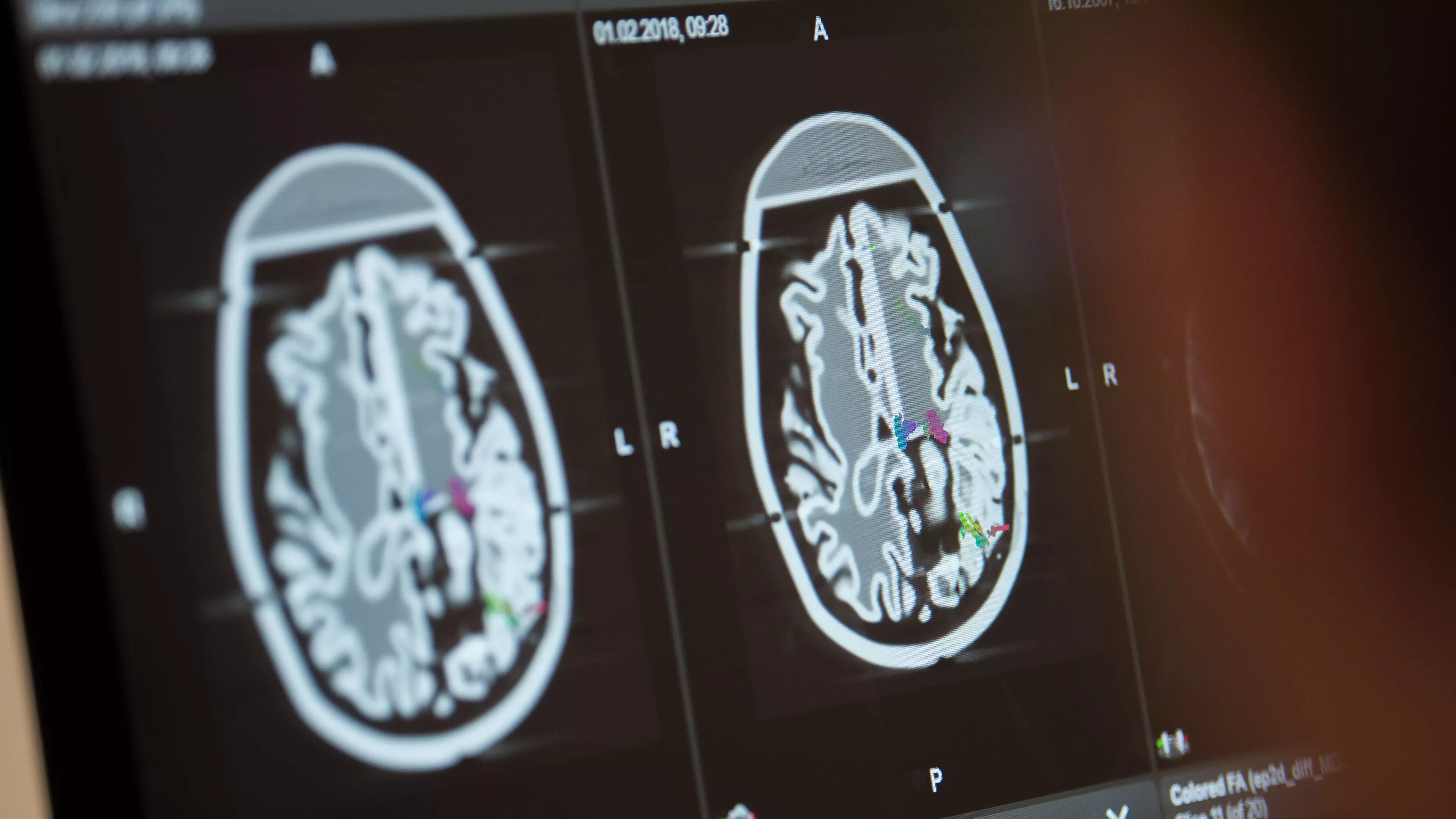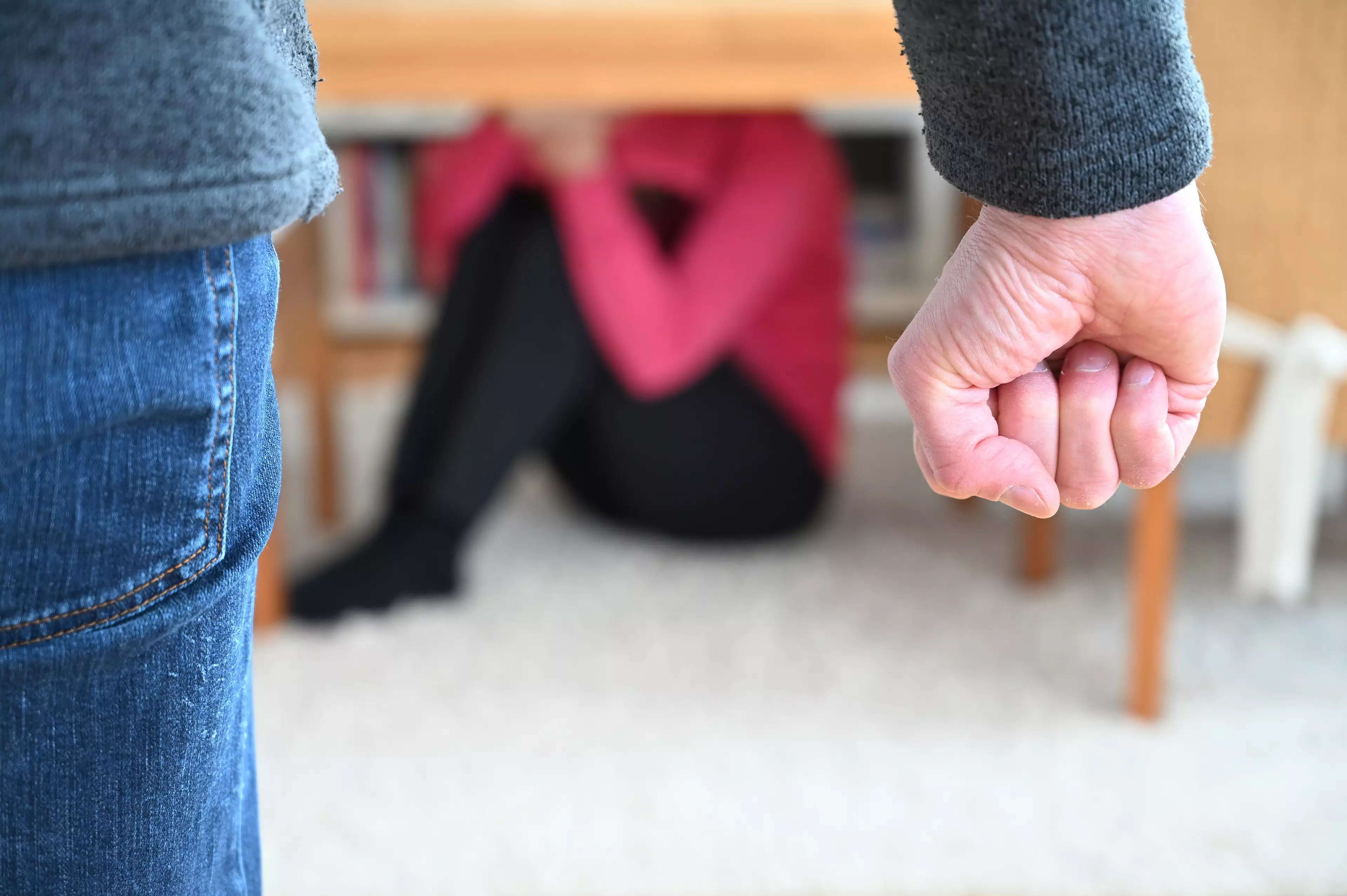
A psychologist has explained the psychological and neurological effects of spanking on children, saying it is a form of 'generational trauma'.
Licensed psychologist and school psychologist Dr Han Ren spoke to YouTuber Krista Torres about what happens when you spank children for punishment.
Advert
She explained while many 'communities of colour' see spanking as 'cultural' - with people saying they were spanked as a child - she believes we're confusing this with 'generational trauma'.
As reported by BuzzFeed, Ren said: "These are communities that have been enslaved and oppressed and colonised. It was the most common method of keeping people in line and that gets passed down through the body, through generations. So we confuse it, thinking it's culture.
"But just because this happened to us, that doesn't mean we need to repeat it to our kids. It's not culture. It's trauma. And it's is a lot more rampant in communities of colour because of global systems of oppression."
With hundreds of studies exploring the long-term outcomes of spanking across cultures, Ren said recent analyses show 'consistent associations between spanking and internalising disorders of depression and anxiety'.
Advert
They also show externalising disorders like 'aggression, impulse control problems, anger problems' and other issues that can infringe on others' rights.
She added: "In addition, we've seen poor cognitive development, such as difficulty with concentration, thinking, and planning. Poor emotional regulation, poor personal conflict resolution, and other maladaptive, problematic outcomes."

Ren detailed a Harvard study, where researchers used an fMRI (functional magnetic resonance imaging) machine to examine changes in the amygdala - the part of the brain responsible for emotion (especially fear and anger) - and the prefrontal cortex, which is responsible for executive function, decision-making, planning and higher-order thinking.
Advert
The kids, aged 10-12, were shown neutral faces and fearful faces, with experts comparing the responses of those who had been spanked and those who hadn't - having excluded those who had experienced 'severe abuse'.
The study found those who had been spanked had a particularly high level of brain activation to fearful faces, and a lower level of activation to neutral faces.
Ren continued: "They're less likely to trust their caregivers. They're more likely to be sneaky about their behaviours and hide their problems from their caregivers.
"They're more likely to change their behaviours because they don't want to get punished rather than understanding the impacts of their actions on others and changing their behaviours due to empathy or moralistic standards."
Advert
Ren also said they're less likely to be good problem solvers because they're 'hiding and avoiding', and tend to struggle with 'internal personal conflict resolution using words', and are more likely to spank their own kids as opposed to learning 'alternative parenting strategies'.
She encouraged anyone who thinks 'I was spanked and I turned out fine' to consider all the things that used to be wrong or unheard of but are now normalised, like wearing seatbelts - or things that are generally no longer considered okay, like smoking during pregnancy.
"We used to do these things, but we stopped now that we learned more and we know better," she said.

Offering advice on what parents can do to discipline their kids, Ren said: "We need to teach kids who are really little how to self-regulate. Take deep breaths or find other sensory outlets, like screaming into a pillow. Teach them to self-monitor - like 'Am I hungry?', 'Am I tired?' - and give them the vocabulary for expressing their needs."
Advert
She added: "Kids don't learn as much from punishment, other than fear, avoidance, resentment. They learn a lot more from proactive teaching development, developing the language to talk things out, problem-solve, and make amends.
"Giving children the vocabulary to express their emotional experiences and doing all of that proactively goes a long way."
Featured Image Credit: PATopics: Interesting